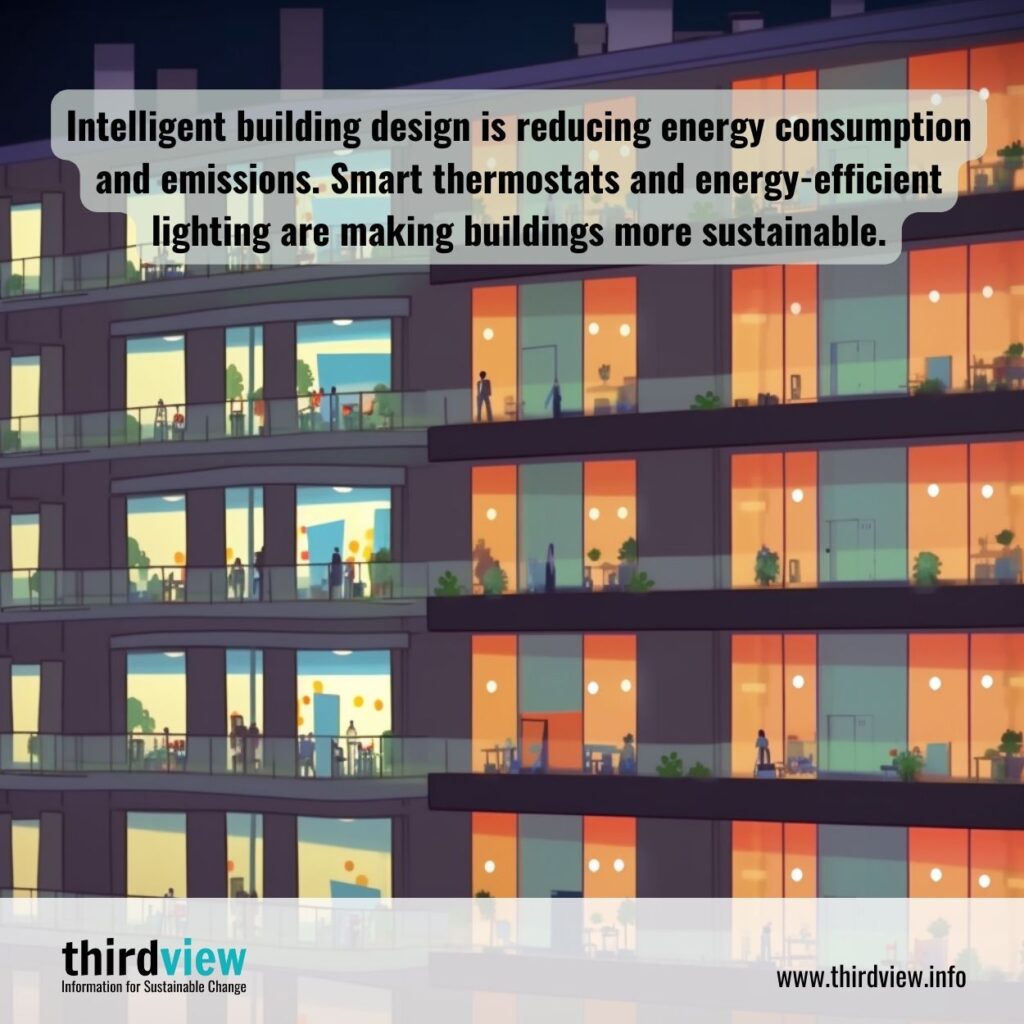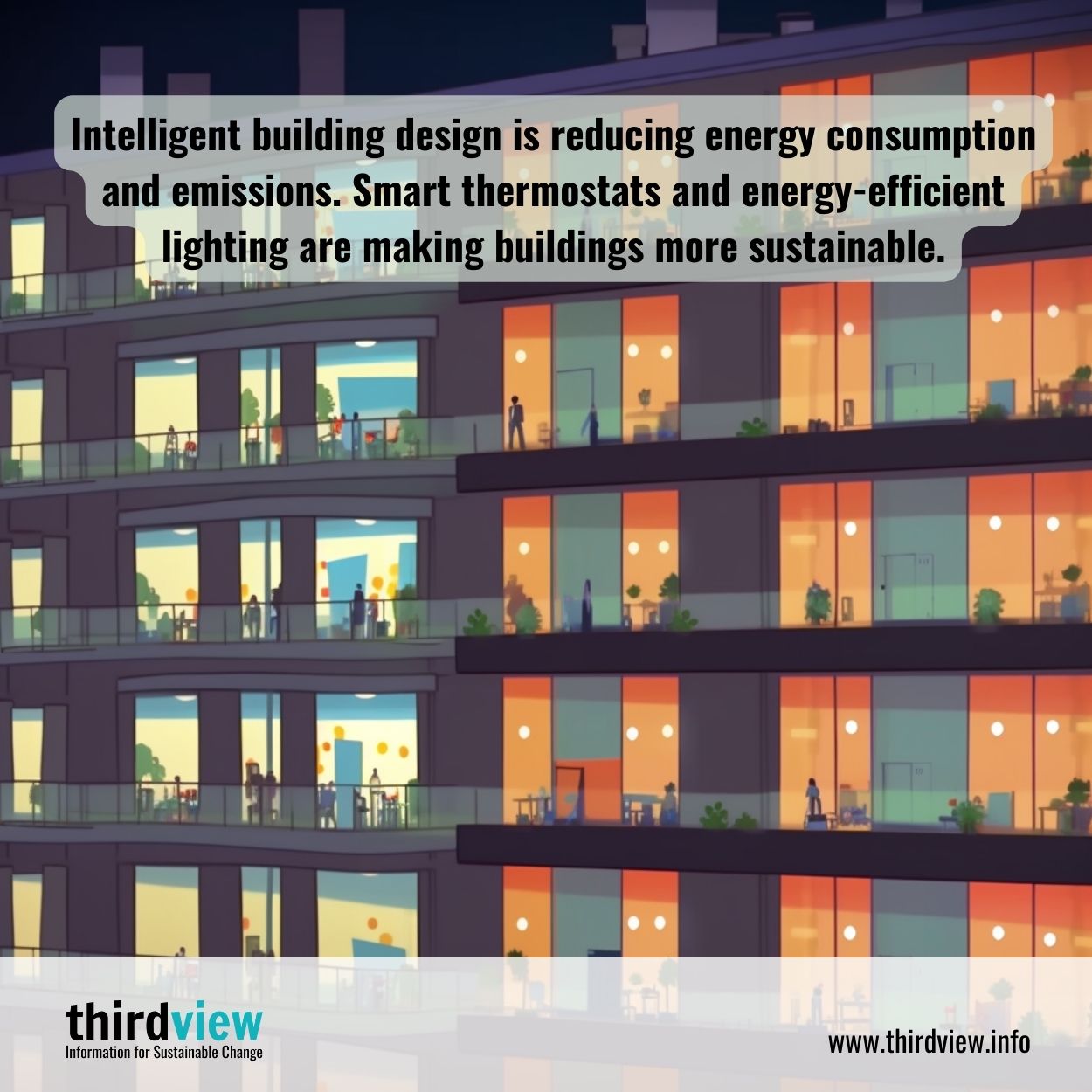When we think about achieving environmental goals, the first things that come to mind are reducing carbon emissions, cutting down on plastic waste, and planting more trees, among others. While these strategies are all valid, we oftentimes overlook the crucial role of technology in driving progress toward a more sustainable world. From renewable energy solutions to waste management innovations, technology is playing an increasingly important role in reducing our impact on the environment. In this blog post, we’ll explore some of the ways technology is helping us achieve our environmental goals and highlight why we need to continue investing in these solutions.
Renewable Energy
Perhaps the most obvious way technology is helping us achieve our environmental goals is through the development of renewable energy sources. From solar panels to wind turbines, innovations in renewable energy are rapidly changing the world we live in. In 2019, renewable energy sources accounted for 72% of new power capacity in the world, signalling a shift away from fossil fuels and towards a more sustainable future. As technology continues to improve, renewable energy sources will only become more efficient and accessible.
Green Transportation
Another way technology is helping us reduce our impact on the environment is through innovative transportation solutions. Electric cars, bikes, and buses are just a few examples of sustainable transportation options that are becoming increasingly popular. These vehicles not only reduce carbon emissions, but they also help to lower air pollution and decrease our dependence on fossil fuels. Additionally, advancements in autonomous technology could revolutionize transportation by reducing congestion and improving safety.
Waste Management
Technology is also helping us to better manage our waste in order to reduce pollution and promote a circular economy. Recycling technology innovations like robotic sorting machines and chemical recycling processes make it easier to recycle more materials while reducing the environmental impact of waste disposal. Moreover, initiatives like zero-waste packaging and food waste reduction programs are becoming more common, thanks to technological advancements.
Intelligent Building Design
Energy-efficient buildings are essential in achieving our environmental goals, and technology is helping to make this a reality. Intelligent building design solutions like smart thermostats, energy-efficient lighting, and high-performance windows are reducing energy consumption and emissions, and lowering costs for building owners. Additionally, the adoption of green building certifications like LEED is incentivizing builders to construct more sustainable buildings.
Precision Agriculture
Finally, technology is playing an increasingly important role in sustainable agriculture. Precision agriculture technologies like GPS-guided tractors and drones are helping farmers to optimize crop yields while reducing water and fertilizer use. Other innovations, like vertical farming and hydroponics, are allowing for more efficient and sustainable food production in urban areas.
Technology is often overlooked as a critical tool for achieving environmental goals, but the reality is that we cannot achieve a sustainable future without it. From renewable energy to intelligent building design, technology is helping to drive progress towards a more sustainable world in a variety of ways. Moreover, as technology continues to improve, we have the potential to make even greater strides in protecting the environment. It is clear that we need to continue investing in and promoting the adoption of sustainable technology solutions to ensure a more sustainable future for generations to come.


